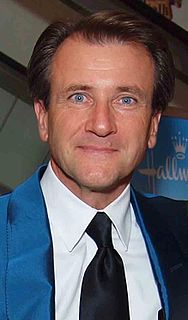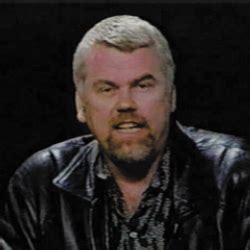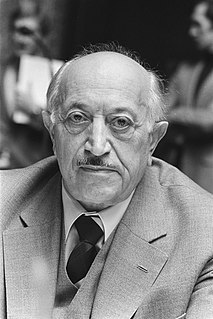A Quote by Baba Kalyani
Bofors was a steelmaker that became a forgings company and then went on to build guns. Companies like Krupp and Thyssen were in steel and forgings before entering defence. There are similar examples in the U.K.; it is a natural progression.
Related Quotes
We've made two products; one is a 155 mm 52-calibre gun with self-propelling and towing capability. This is a field gun - the mainstay of the Indian army like the Bofors guns. Our gun is similar but of a longer range. That was 39 calibre; this is 52. The calibre denotes the length of the barrel and the range.
The Kaiser Wilhelm Institute's eugenics studies were initially endowed by Gustav Krupp von Bohlen und Halbach, the head of the Krupp munitions monolith, and James Loeb, of the Kuhn-Loeb banking family. Loeb's relatives, the Warburgs, were banking partners of William Rockefeller, and both families were responsible for setting up the American Harriman family - also movers and shakers in eugenics - in business.
LTCM lost money when Russia defaulted on a certain class of bonds, and then they had other investments like on the spread between two different kinds of shares of Royal Dutch Shell Oil Company. Now that seems completely unrelated to Russian bonds. But they were related because other hedge funds saw similar discrepancies and they were all making similar bets.
In short, it is the greatest absurdity to suppose it in the power of one, or any number of men, at the entering into society, to renounce their essential natural rights, or the means of preserving those rights; when the grand end of civil government, from the very nature of its institution, is for the support, protection, and defence of those very rights; the principal of which, as is before observed, are Life, Liberty, and Property.
I was working with an extraordinarily successful company that was doing a CEO succession, and the board was discussing the threats to the business. They were enormous, despite the company's strong market position. I then realized that there were no longer just turn-around periods for companies in trouble, that now variables that could drastically effect any business's profitability were not going to go away.

































